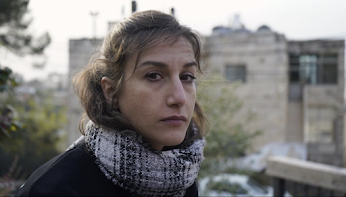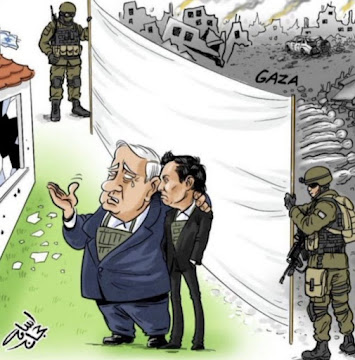"In the seven weeks from 7 October, Israeli forces and settlers killed 221 Palestinians in the West Bank, according to the UN Office for the Coordination of Humanitarian Affairs – more than the entirety of 2022. They include eight-year-old Adam al-Ghoul and Basel Abu al-Wafa, 15, from Jenin refugee camp. Another 2,955 people have been injured. Raids on Palestinian refugee camps, villages and towns have become even more frequent – and are now taking place in broad daylight, when they often used to be perpetrated under the cover of darkness. Drones and snipers are used to targetyoung people who throw stones, bystanders and anyone who challenges the military’s actions.
Medical teams in the West Bank have also been blocked from treating our injured. The World Health Organization has reported 229 attacks on “healthcare” between 7 October and 28 November, most of which took place during raids. These included obstructing ambulances, detaining and using force against healthcare personnel, and conducting militarised searches.
The sheer level of destruction shows that Israel’s aims during this war go well beyond a “second Nakba” in Gaza alone. The Balata refugee camp was targeted by an airstrike on 18 November, and Israeli armoured vehicles and bulldozers then raided its narrow streets, causing heavy damage
to the already-ailing roads and essential infrastructure. This is a
well-established Israeli tactic that seeks to destroy the fabric of
everyday life. In Jenin camp earlier this year, Israel destroyed water pipes, cut off electricity, damaged roads and wrecked cars.... " ....READ MORE





















,%20considered%20the%20fifth%20holiest%20place%20for%20Christians%20worldwide,%20and%20the%20third%20oldest%20church%20in%20the%20world.%20It%20is%20located%20in%20the%20village%20of%20Burqin%20in%20Palestine%E2%80%99s%20Jenin%20Governorate%20(%D8%AC%D9%86%D9%8A%D9%86)%20West%20Bank.jpg)









